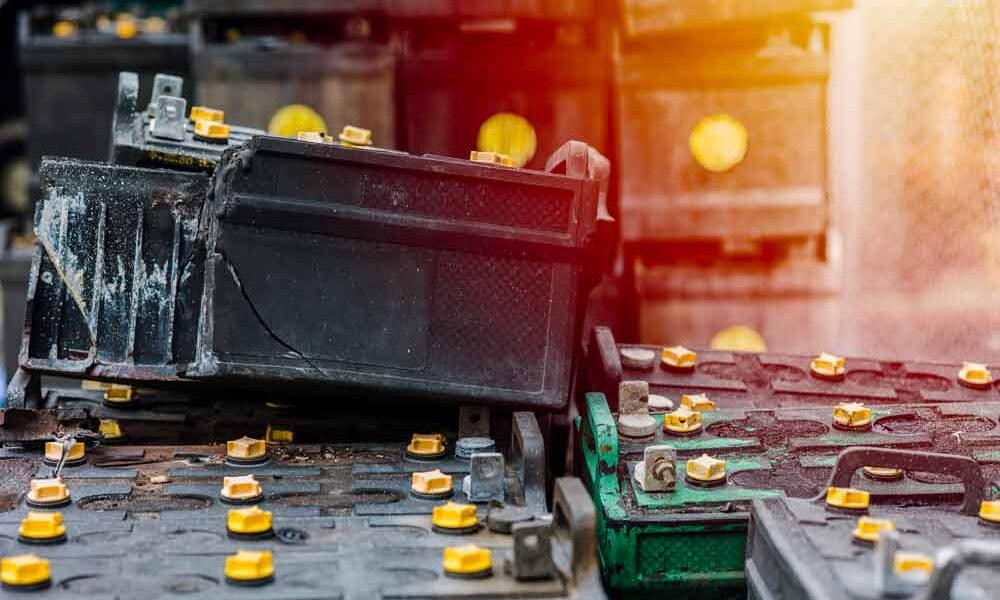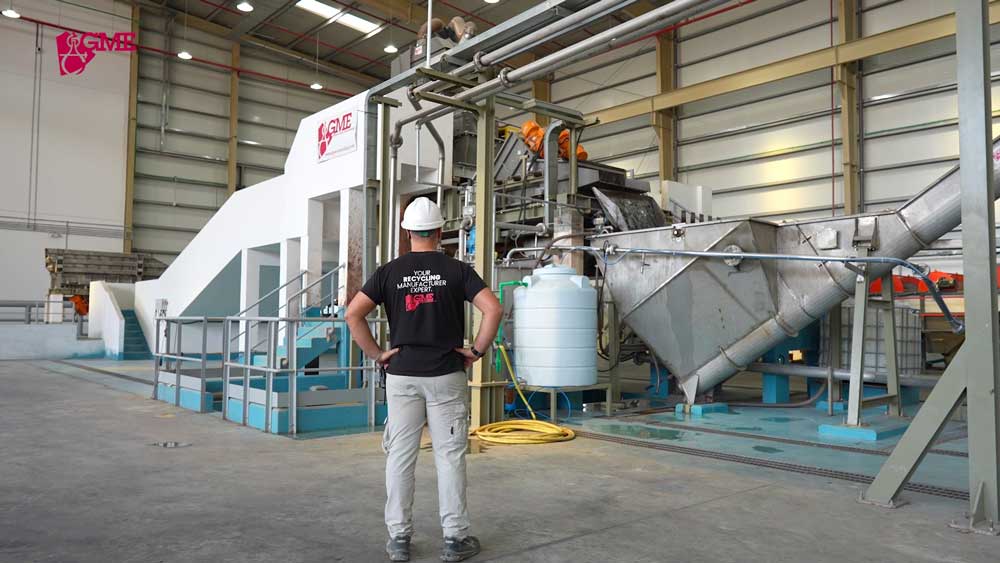battery recycling
How to sell scrap lead acid batteries
In today’s world, where sustainability and environmental protection are increasingly important, recycling lead-acid batteries has become a critical practice. Widely used across various industries and in motor vehicles, these batteries pose significant environmental challenges due to the toxic substances they contain. Learning how and where to sell used lead-acid batteries is a vital step toward fostering a more circular and
EV waste battery recycling: the leadership of China
Worldwide EV battery production overview As the world accelerates toward a greener future, the electric vehicle (EV) revolution is introducing a critical challenge: the production and recycling of lithium-ion batteries. These essential components power not only EVs but also energy storage systems for homes, industries, and grids, forming the backbone of the global energy infrastructure. Recycling them is crucial for
Recycling Plant Technologies from A to Zeta
Explore each critical aspect of recycling technologies across the spectrum of aluminum, non-ferrous metals, plastics, and lead-acid batteries, with insights that shape efficient, eco-friendly recycling processes. A – Automated Sorting Automated sorting technologies use advanced sensors to categorize materials like aluminum, plastics, and metals accurately. With options like optical sorters and AI-based recognition, these technologies improve sorting efficiency and material
Tesla battery recycling: what happens to Tesla battery packs once they reach their end of life?
Lithium batteries used in Tesla vehicles are composed of materials that, at the end of their lifecycle, can not only be recovered but also recycled. This means that the constituent elements of the batteries are not dispersed into the environment at the end of their use but are instead refined and reincorporated into new cells. This process significantly reduces the
Mastering maintenance: best practices for Lead Acid Battery recycling plant operations
Lead acid batteries are a crucial component in various industries, powering everything from automobiles to backup power systems. To ensure the smooth operations of battery plants and maximize the lifespan of lead acid batteries, proper maintenance is essential. From maintaining a secure environment to optimizing industrial battery maintenance, this article explores the importance of battery plant maintenance and safety. We
GME Recycling: Experts in Recycling plant engineering and consulting
GME Recycling, a leading engineering and design consultancy in the implementation of recycling facilities for lead-acid batteries, plastics, and metals, is at the forefront of this movement, offering practical solutions to companies wishing to implement eco-friendly strategies. With a focus on collaboration and client input, we at GME Recycling create optimal design solutions that integrate seamlessly with existing facilities. By
Commissioning Engineer for recycling plant
What is the role of a commissioning engineer? The role of a commissioning engineer is pivotal in ensuring the smooth and efficient operation of various industrial systems and processes. With a focus on waste management, a commissioning engineer plays a crucial role in the commissioning and maintenance of recycling plants. Their responsibilities include overseeing the installation and testing of equipment,
CASCADE REFINING SYSTEM
In the modern era, sustainability and recycling have become paramount topics, especially in the context of the increasing accumulation of waste, including spent batteries. In response to this environmental problem, the Cascade Refining system emerges as an innovative solution for battery recycling, enabling the recovery of precious metals such as lead, lithium and nickel through a complex refining process. An
Positive & Negative Grid Casting
Grid fusion is a crucial manufacturing process in the manufacture of lead-acid batteries, playing an essential role in determining their performance and lifespan. As technology has advanced, the production methods of battery grills have evolved significantly, offering different techniques to meet the growing demands for efficiency and sustainability. Grid Blending Modes There are mainly two methods for fusing grids in
Gravity separator machine for lead batteries
The Specific Gravity Separator represents a significant innovation in the field of recycling of spent lead-acid batteries. This equipment, recently introduced by our company, marks an important step towards sustainability, offering an efficient solution for the separation and recycling of mixed materials. Its implementation not only promotes energy efficiency but also ensures environmental protection thanks to the absence of pollution










